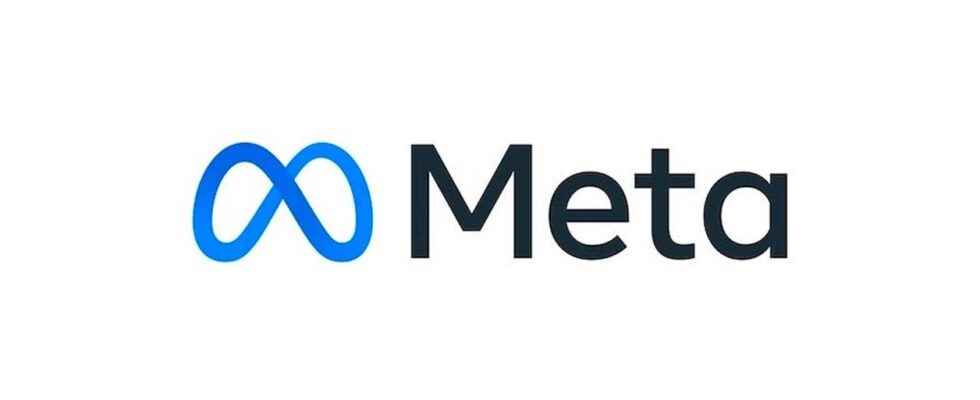Will it soon be enough to describe what you imagine for Artificial Intelligence to be able to model your idea in 3D? In any case, it went very well. During its Inside the Lab conference, dedicated to Artificial Intelligence, Meta unveiled several of its current projects, including Builder Bot, an AI prototype capable of drawing a landscape in real time based simply on the description that we do.
To show what his prototype is capable of, Mark Zuckerberg, or rather his virtual avatar, revealed in a video the process of creating a virtual space from his Builder Bot tool.
Listening to Zuckerberg’s “let’s go to a park” command, Meta’s AI generates a 3D landscape on the fly consisting of a vast expanse of grass and vegetation. Eventually, the boss of Meta changes his mind and tells his AI “let’s go to the beach”. Instantly, the previously generated landscape disappears to give way to a piece of land surrounded by a beach, in the middle of a stretch of water. To complete his demonstration, he asks Builder Bot to add clouds, then an island, before asking him to grow trees. With each spoken request, the AI runs and adds the elements to the image virtual world. All these graphic elements have just been generated by an Artificial Intelligence which only listened to a voice.
This demonstration, which already shows a very promising AI, could go even further. Meta took advantage of his conference to present other equally promising projects, including a universal language translation system and a new conversational AI. The emergence of all these technologies, however, risks creating new challenges, particularly in terms of moderation, in the event that users use it to create offensive content. If for the time being, this super AI capable of generating a virtual world by voice is only at the prototype stage, it suggests what awaits users within the metaverse, in the future… more or less close.
Source: The Verge
